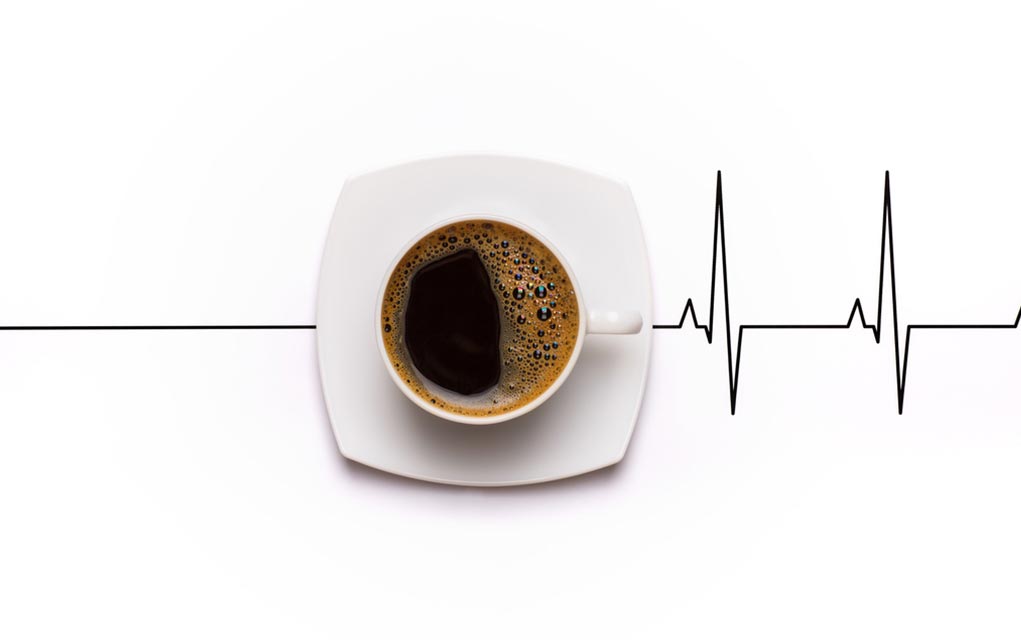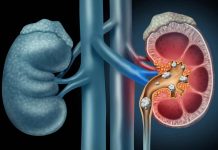
(AscendHealthy.com) – We each know our bodies better than anyone else, so most of us would think we’d be aware when something serious was taking hold. Some signs of illness can be subtler than others, and we may dismiss some red flags altogether if we don’t make the right connections.
Cancer has many faces, and it can present in several different ways. Early detection is important to catching and treating most forms, but we might not always look in the right places when we’re watching for the red flags. Here are 10 cancer warning signs we should never ignore.
10 Early Warning Signs of Cancer
Cancer symptoms can come on gradually, so we might not realize there’s a problem until an issue has become more pronounced. Early recognition of the following symptoms could make a difference in a person’s long-term prognosis:
- Unintentional weight loss may feel welcome at first, especially among those of us who have a few pounds to lose. But if weight changes occur without any alterations in diet or exercise routines, a trip to the doctor is in order.
- Fatigue can result from a slew of health issues, ranging from benign to serious, but it does sometimes indicate cancer. John Hopkins Medicine explains cancer can steal nutrients and energy from the rest of the body, leaving sufferers continuously exhausted.
- Shortness of breath that feels like more than the effects of being deconditioned is always a reason for concern. It might be COPD — or it might be an early sign of cancer.
- Unusual bleeding can occur in several different ways. Always seek medical guidance if blood is present in sputum, stool, urine or nipple discharge or if bleeding is related to unexpected menstrual changes.
- Fever is often the body’s way of fighting infection, but it can sometimes be a sign of cancer. Be especially wary of higher temperatures that occur mostly in the evenings, in the absence of any notable infections, especially if they come with night sweats.
- A lump or mass might seem obvious, but we may feel inclined to “watch and wait” anything small. While many masses are benign, some are cancerous — and the tiny size might just mean we caught it early.
- Pain isn’t unique to cancer, but it can sometimes result from related chemical changes or masses pressing on nerves or nearby organs.
- Skin changes, such as new or altering moles, always merit a doctor’s attention. Changes can be benign, but they might turn out to be skin cancer in a small percentage of people.
- Gastrointestinal changes also often reflect issues other than cancer, but it’s important to address new constipation, diarrhea or difficulties fully emptying the bowels with a doctor to rule out all possibilities.
- Other changes in normal functions, such as urinary frequency or differences in the color of our urine or feces, could also reflect numerous health problems. Only a doctor can tell whether cancer might be at play.
Digging a Little Deeper
Being aware of early cancer warning signs and listening to our bodies before small problems become bigger ones could be lifesaving. We also need to know where to look before symptoms can even arise. We can optimize our chances of finding early illness by adding preventative screenings into the mix.
Dana-Farber Institute recommends women get regular mammograms and pap smear tests while men undergo digital rectal exams and PSA blood tests to screen for prostate cancer. Most experts recommend all adults over 50 undergo a colonoscopy or alternate screening to detect colon cancer.
Cancer can present in vague and subtle ways, so it’s important to know the early warning signs and pay attention when something doesn’t seem right. It’s easy to ignore an issue that feels minor and then put it off out of fear if it becomes more troublesome. Remember, the earliest detection possible is vital to successful treatment in many cases, so don’t put anything off that might only worsen.
~Here’s to Your Healthy Ascension
Copyright 2024, AscendHealthy.com



















